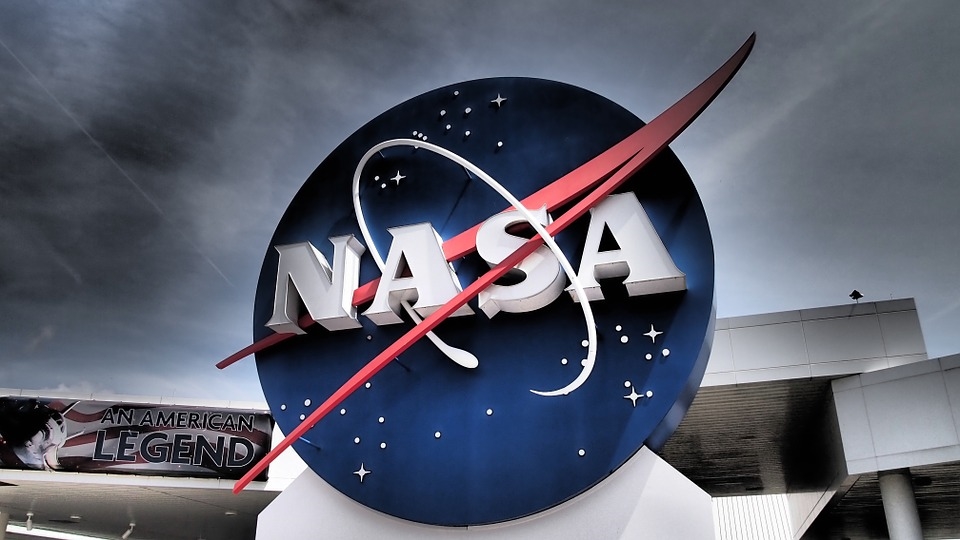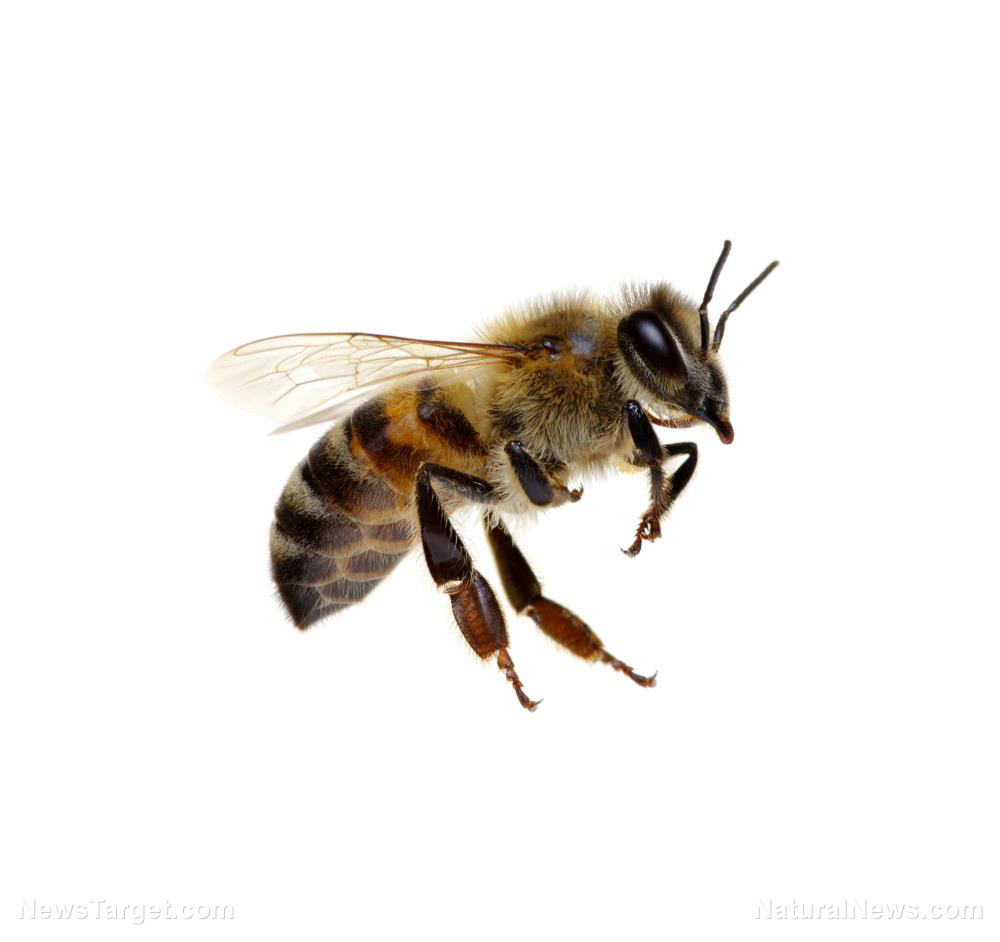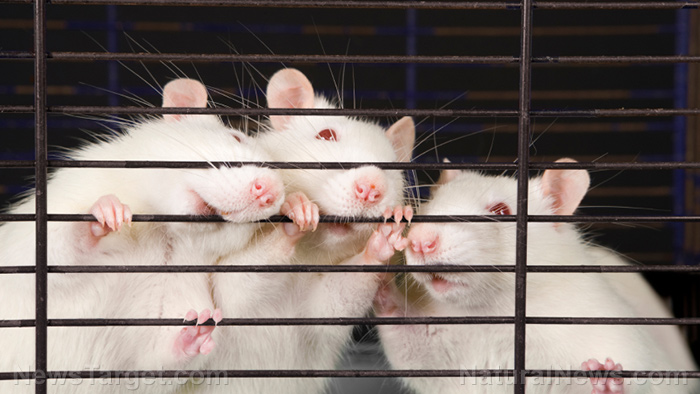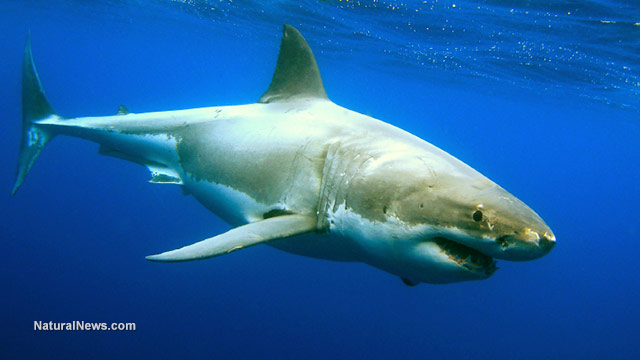NASA appoints “planetary protection officer” to act as an intermediary between humans and extraterrestrial life
09/13/2018 / By Edsel Cook

The recently appointed “planetary protection officer” of NASA has a big job. Lisa Pratt is in charge of the space agency’s efforts to prevent biological material from contaminating a planet’s biosphere, an article in Space.com stated.
On one hand, Pratt must make sure there are no bacteria from Earth aboard U.S. spacecraft that can cause “forward contamination” to other planets. Otherwise, these could damage or destroy the biospheres of alien worlds.
At the same time, she also needs to prevent potential bioactive molecules in samples from extraterrestrial sources – asteroids, comets, meteorites, and other planets – from causing “backward contamination” on Earth. Such biological contaminants could trigger a deadly epidemic on Earth.
Pratt heads NASA’s Office of Planetary Protection (OPP), which has recently focused its efforts on designing U.S. spacecraft to prevent biological contamination of plants, including our own. The office is reappraising its approach to protecting planets from contamination given its future plans to get samples from Mars.
The OPP is also worried about the increasing number of private sector groups that are exploring space without the stringent safety measures imposed by NASA. (Related: NASA developing technology to help find astronauts lost in space.)
Protecting Mars and its moons from terrestrial contamination
NASA’s planetary protection policies will be put to the test by the Mars 2020 mission. The landing mission will get samples of the soil to take back to Earth for analysis.
Some of the samples might have been able to support life in the past. Others might be capable of hosting life in the present day. NASA believes it has to be extra cautious with bringing these samples into Earth’s biosphere.
There are also “special regions” on Mars that could support life, be it local bacteria or hardy ones from Earth. NASA had been avoiding those areas to avoid disrupting potential Martian microbes, but Pratt believes her agency needs to look harder for signs of life.
The U.S. agency is also concerned about Phobos and Deimos, the two moons of Mars. NASA and the Japan Aerospace Exploration Agency (JAXA) have a joint mission to Phobos to collect samples. While the Japanese believe the mission is safe from the risk of contamination, independent researchers think that Phobos might be hosting Martian microbes that got there by riding materials kicked up by meteor impacts.
Commercial companies might not be sterilizing equipment in their rockets, nanosatellites
Pratt will also be dealing with commercial space companies like SpaceX and Blue Origin. These companies are working on rockets and spacecraft that could send their cargo – and crew – beyond the moon. However, they are not bound by the same rigorous rules as NASA when it comes to properly sterilizing their equipment.
SpaceX, for instance, recently launched a Tesla Roadster towards the general direction of Mars. This irresponsible publicity stunt led to a minor planetary protection crisis as the car had not been sterilized beforehand. There was a chance that it could hit Mars in the distant future and contaminate the Red Planet with terrestrial bacteria.
Another area of concern is nanosatellites, small satellites built from off-the-shelf parts that are growing more popular with interplanetary mission planners for their compact size and affordable cost. The problem with these small crafts is that their cheaper parts might not be able to handle standard sterilization measures for spacecraft, such as chemical treatment or oven baking processes.
Like the Roadster now orbiting the Sun, the nanosatellites could still have Earth microbes aboard them. Pratt is worried about these bacteria surviving space and reentry into the atmosphere of another planet, where they can ruin the local biosphere.
Cosmic.news has more articles about how we can discover the mysteries of the universe without littering space.
Sources include:
Tagged Under: alien bacteria, alien life, biocontamination, contamination, cosmis, extraterrestrials, Mars 2020, Mars exploration, NASA, Private Space Exploration, private spacecraft, satellites, Spacecraft, UFO, Unexplained



















